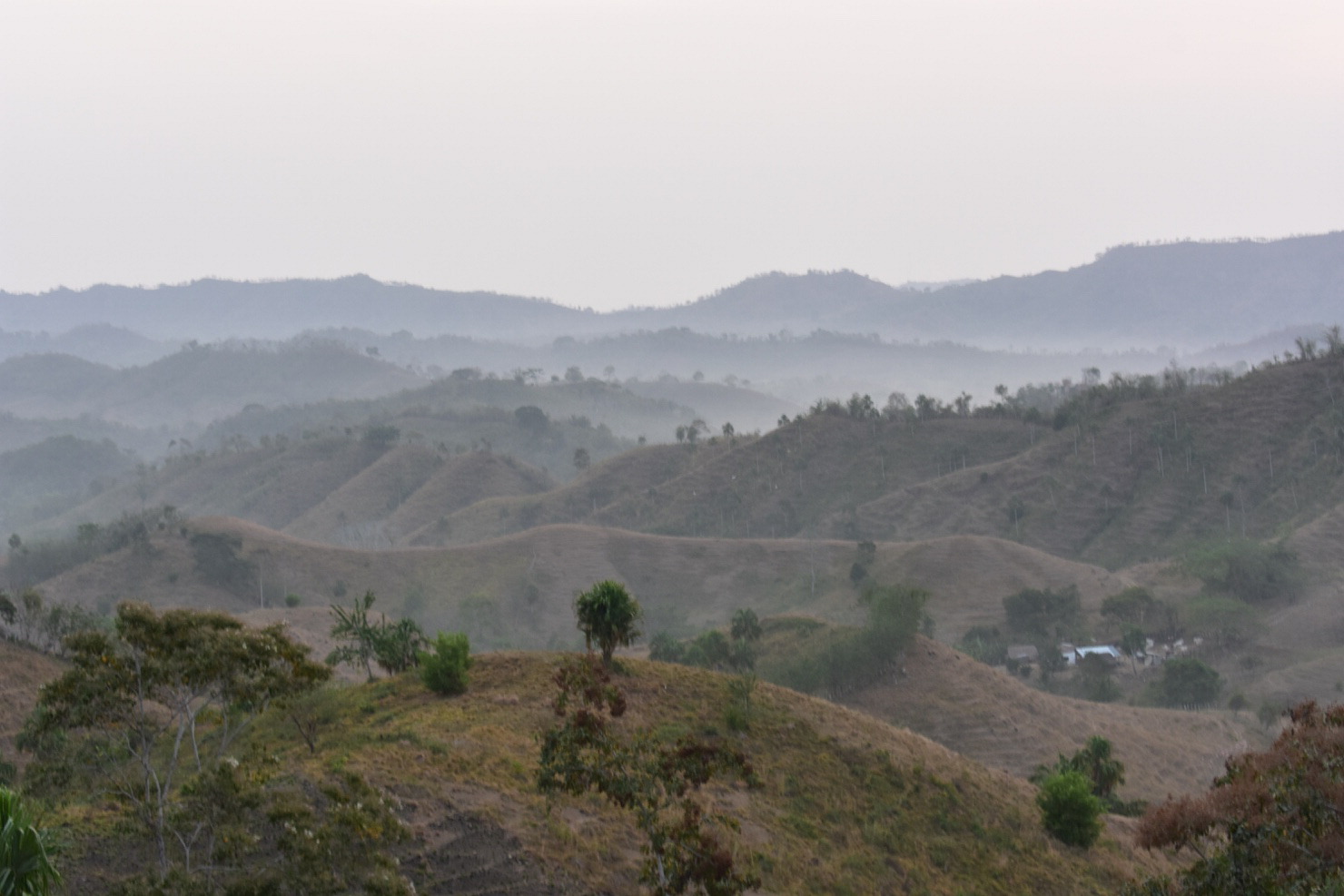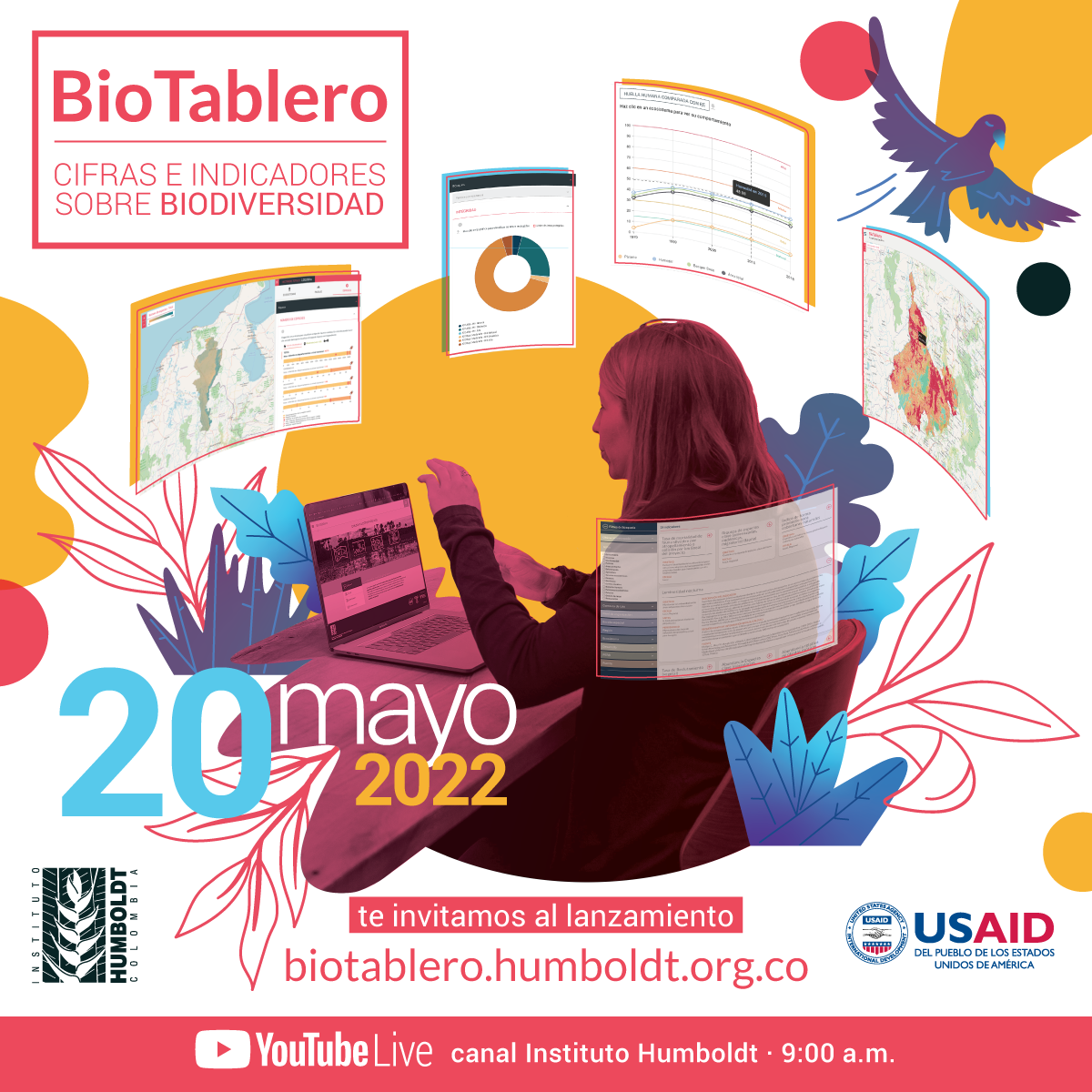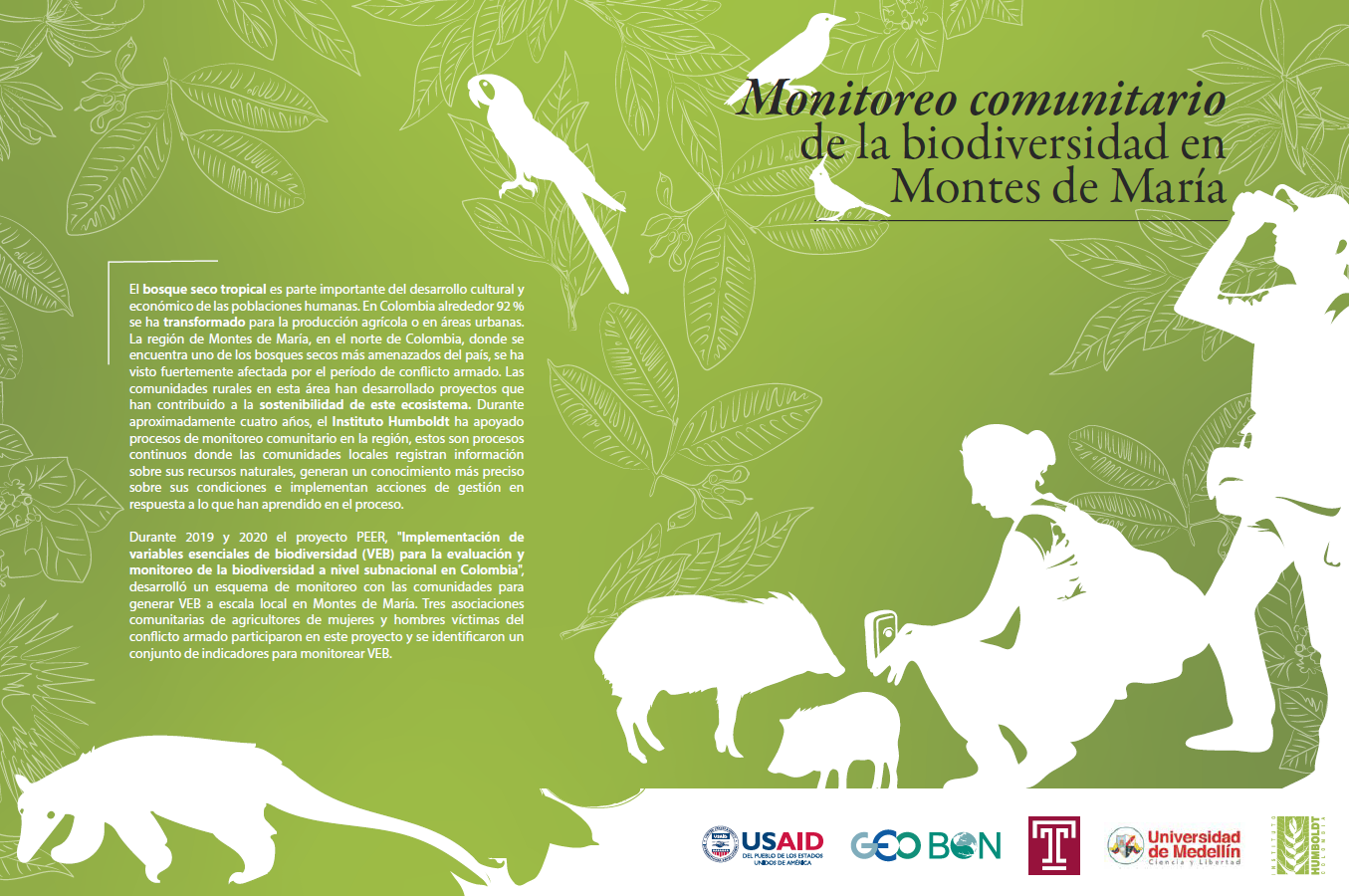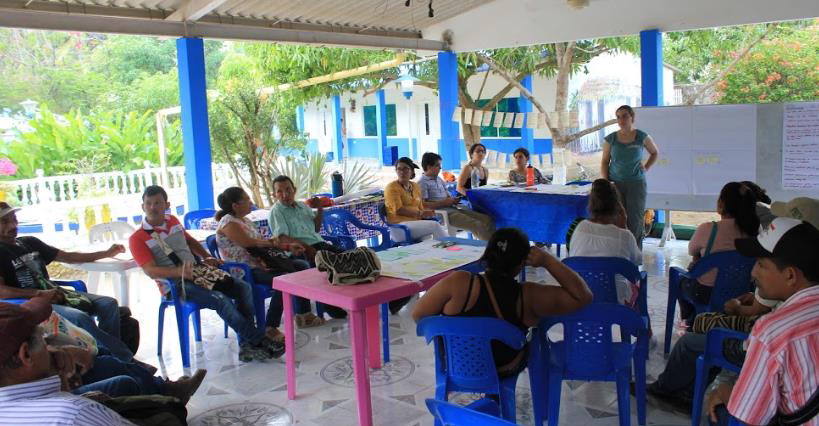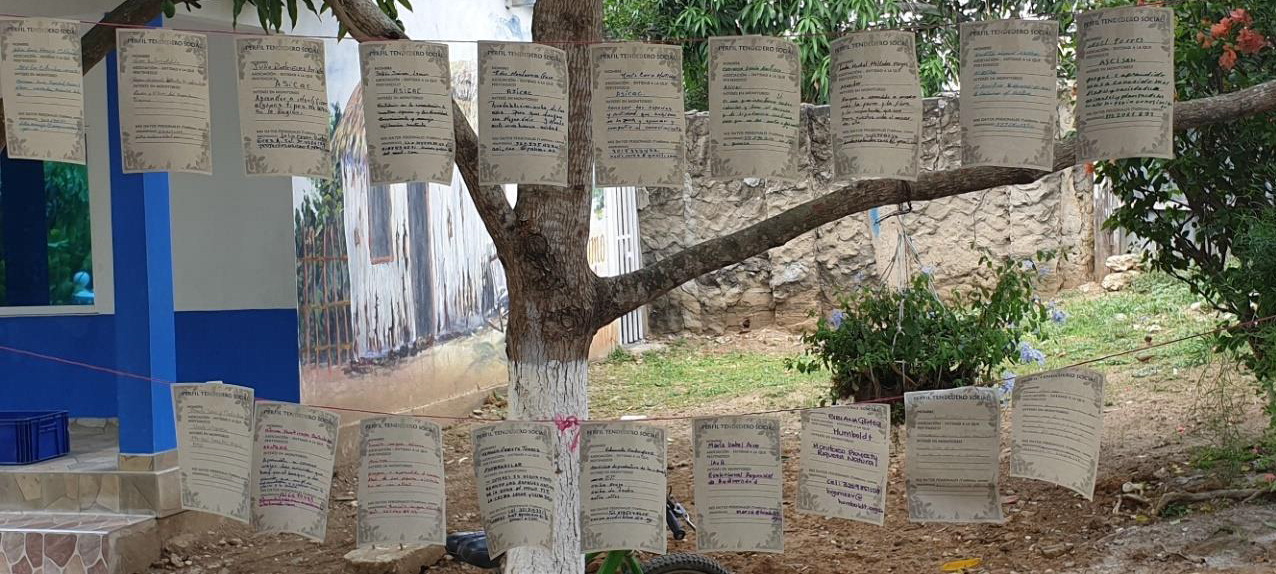Colombia is a hotspot of biological diversity that supports environmental goods and services. The signing of the 2016 peace agreement has brought out new environmental challenges: areas that used to be isolated are currently facing pressure from the expansion of deforestation and agriculture. Biodiversity and environmental services in these areas are expected to decline, but these trends are poorly assessed and understood.
The overall goal of this PEER project was to advance the implementation of the essential biodiversity variables (EBVs) framework in Colombia. Dr. Londoño and her colleagues sought to evaluate the effectiveness of EBVs at the ecosystem levels and validate which different EBVs provide meaningful information relevant to the local ecosystem patterns. This project aimed to include the needs and priorities of sub-national scales in the USAID project “Riqueza Natural,” integrating this project’s results with the tools, datasets, training and workshop events related to the decision support system (DSS) implemented as part of the USAID project. The team sought to implement the EBV framework with a bottom-up perspective through a participatory process that validates and recognized EBV by Colombian experts and decision-making stakeholders.
Final Summary of Project ActivitiesThe PEER project team began by identifying variables among the EBVs that were necessary and of high priority for decision-making at the subnational level in tropical dry forest ecosystems. The researchers used a participatory process that empowered local communities and associations to identify and monitor key natural resources for the sustainability of their livelihoods. Over the course of the project, the researchers built a monitoring cycle with three local communities that allowed them to track the impact of their conservation and productive activities on a desired future where biodiversity is conserved and restored. The results of this collaboration were published in “Monitoreo Comunitario de la Biodiversidad en Montes de Maria,” which presents a roadmap for implementing the proposed community monitoring scheme and strengthening local capacities to contribute to decision-making for management and use of biodiversity.
The researchers also focused on understanding the environmental dynamic of the studied regions through remote sensing. This work helped describe the impact of seasonal dynamics in northern Colombia on EBVs related to ecosystem function. It also produced land cover maps that provided a methodology that efficiently produces land cover change analysis in megadiverse countries and workflows for estimating ecosystem structure change and its implication in species habitat retention.
One of the main products of this project is
BioTablero, an open platform for accessing these biodiversity indicators. Most of the information available was derived from this project, particularly the information available at department or administrative unit levels through the geographic query module. In terms of potential development impacts, after the launch of BioTabero the team received a request for this information to help construct a baseline for a project also financed by USAID. The team expects that the information will support decision making for the different actors of the country's environmental sector (environmental authorities, research institutes, universities, and NGOs) and private companies in charge of developing environmental management actions. The team anticipates that by 2025 BioTablero will be recognized and used as the technical and scientific tool for informed decision making on biodiversity management and sustainable development at the national level. Although this PEER project has ended, the PI and her team will continue their research thanks to more than US $500,000 in additional grants obtained from several international and Colombian sponsors.
PublicationsJesús A. Anaya. 2023. Clasificación de cobertura vegetal con resolución espacial de 10 metros en bosques del Caribe colombiano basado en misiones Sentinel 1 y 2. 29–41.
Revista de Teledetección 61, 29-41.
https://doi.org/10.4995/raet.2023.17655 Wilson Lara, Maria C. Londoño, Ivan Gonzalez, and Victor Gutierrez-Velez. 2022. ecochange: An R-package to derive ecosystem change indicators from freely available earth observation products.
Methods in Ecology and Evolution 13(11): 2379–2388.
https://doi.org/10.1111/2041-210X.13986
Lina M. Estupiñan-Suarez, Fabian Gans, Alexander Brenning, Victor H. Gutierrez-Velez, Maria C. Londoño, Daniel E. Pabon-Moreno, Germán Poveda, Markus Reichstein, Björn Reu, Carlos A. Sierra, Ulrich Weber, and Miguel D. Mahecha. 2021. A regional earth system data lab for understanding ecosystem dynamics: an example from tropical South America.
Frontiers in Earth Science 9: 613395.
https://doi.org/10.3389/feart.2021.613395
María Isabel Arce Plata, Yenifer Herrera Varón, César Gutiérrez Montoya, and María Cecilia Londoño Murcia, editors. 2020.
Monitoreo comunitario de la biodiversidad en Montes de María. Bogotá, Colombia. Instituto de Investigación de Recursos Biológicos Alexander von Humboldt.
http://hdl.handle.net/20.500.11761/35586



